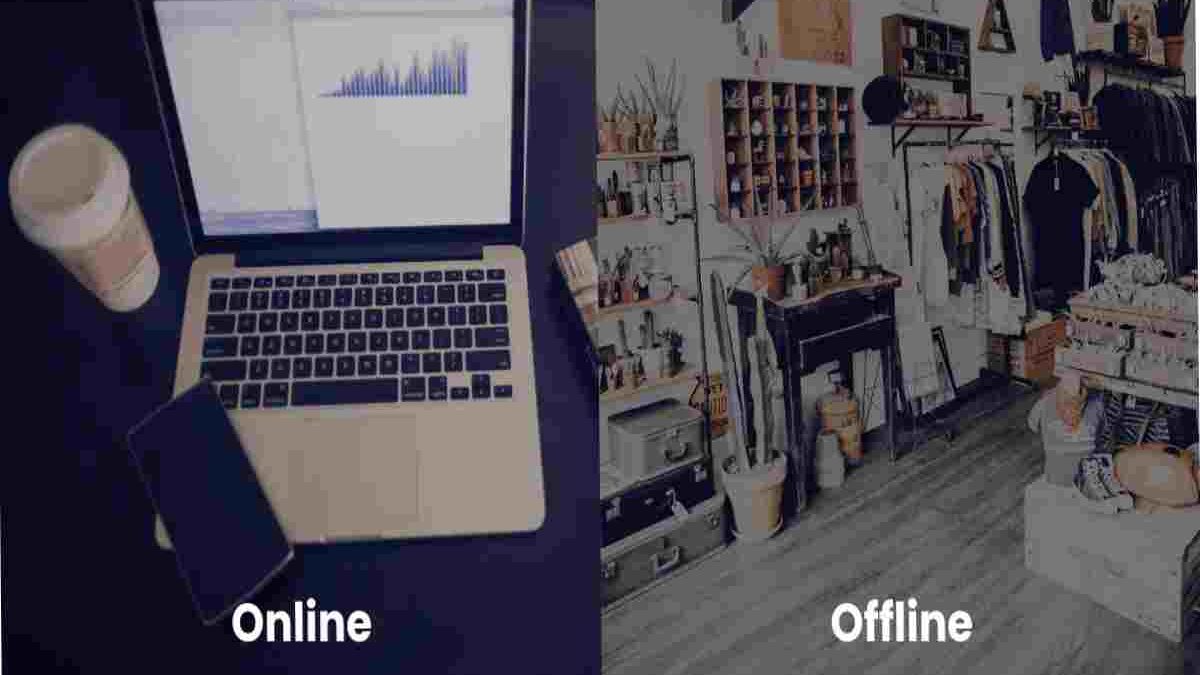Even though most modern businesses have a robust online presence, you still have options when it comes to running your own business. Will you invest heavily in online infrastructure or emphasise your traditional physical presence? Depending on the nature of your business and the clients you intend to attract, each approach has its benefits, and some of them may surprise you. Here are some of the things you need to consider when it comes to starting your business, along with the pros and cons of an online-exclusive outfit versus an offline operation.
Table of Contents
Customer support
Online
Of course, you can still have a robust online customer service presence, but nothing quite beats being able to speak to someone face to face. Let’s say you’re running an online personal loans business. Customers will want to talk to you about queries or problems they may have, and being able to provide a personal presence can set their minds at ease much more than simply talking to them via live chat or over the phone.
Offline
Offline customer service is much less convenient and efficient than moving this part of your business online, but it pays dividends in the long run. The personal touch can help customers feel like they’re being directly cared for rather than simply put through a customer support mill. What you lose in speed and efficiency, you’ll gain in trust from your customer and client base.
Marketing
Online
With a robust online presence, marketing becomes a breeze. In 2022, social media is going to be even more important for marketing than it has been in the past. With that in mind, even if your business is offline, it needs a good social media approach. The benefit of an online business is that because you’re already focused on this area, you can double down on online marketing; you’ll probably already have the expertise and knowledge necessary to give online marketing the attention it deserves.
Offline
As with other aspects of your business, an offline approach to marketing can sometimes result in something more personal and individually tailored. Since you have a physical presence, you can reach out to customers personally and talk to them about their experience in a way that simply isn’t possible online. Again, you may lose efficiency in terms of sheer numbers, but you’ll make up for it by building a more loyal customer base for yourself.
Customer Outreach
Online
When you’re running an online business, it’s incredibly easy to engage with your customers. All you need to do is send out email circulars and surveys asking every customer who signs up for your mailing list to provide feedback. Outreach is much easier and more convenient online; you won’t need to personally send correspondence out to customers.
Offline
This is where a traditional offline business definitely suffers in comparison to an online alternative. You won’t be able to reach out to your customers, get feedback, and understand their needs as effectively if you don’t go online. While you can send out physical circulars and surveys, they almost certainly won’t have the same uptake rate as online surveys would.
Personal and bespoke business
Online
There are pros and cons to offering customised, personal options to customers online. While you can certainly cover a wider range of customisation options for your product, there is inevitably a feeling of impersonality to online business. This means that even if customers can order custom options from you, they won’t feel like they’ve had the same love and care put into them as if you spoke to them offline to understand their needs.
Offline
You can offer much more complex and personal business options for your customers offline. By asking them to physically visit you and discuss their needs with you, it’s possible to arrive at a much greater understanding of what they’re after and how you can best provide it to them. You can, of course, mix both online and offline approaches, offering online customization and asking for personal consultation if the customer’s needs are particularly complex or difficult.
Operating hours
Online
A clear advantage of online business is that you’re essentially open all hours. This became even more true during the pandemic, when many businesses moved online and found that they could expand their operating hours. A customer can access your store or services whenever they like online; while any aspect requiring human interaction will need to wait until working hours start, orders can be placed at any time of day online.
Offline
Naturally, offline businesses are at something of a disadvantage when it comes to opening hours. They’re limited by the hours they can reasonably ask employees to work, and this can limit business (although it’s much better for employee mental health, of course). You’re bound to attract fewer orders if your business is strictly offline, so make sure you at least have an online component to your operation.
Conclusion
There are obvious advantages and disadvantages to both online and offline businesses. The perfect business is, therefore, one that has both a physical presence and an online component. You can instil much greater trust in your clients or customers offline, but you can offer them more efficient business and greater freedom of choice if you allow them to use your online services. Be sure to create a good balance between the two for the most successful business model!
Also Read: Computer Security Software to Keep Your Client’s Information Safe

